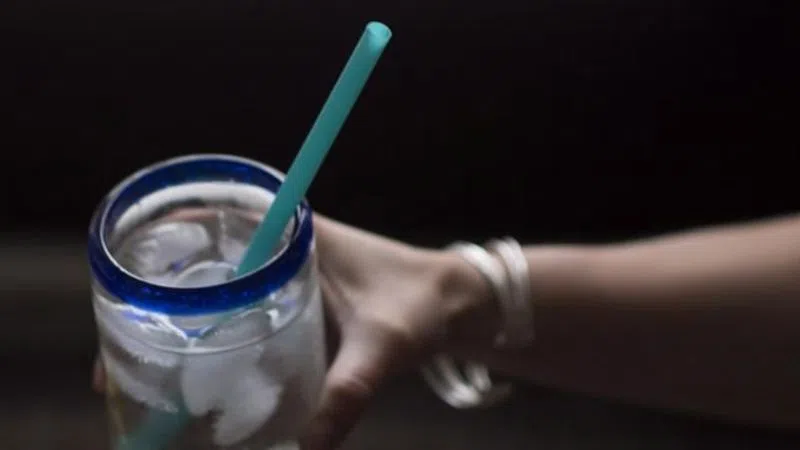
Vancouver bans plastic bags, straws, foam containers and other single-use items
Vancouver is bringing in bans on the use of plastic bags, straws and other single-use items, while introducing what the city believes to be a first-of-its-kind fee for disposable cups in the country.
Mayor Kennedy Stewart says bylaws passed by city council balance public demand for action on disposable items with the needs of those with disabilities and the business community.
“We have heard loud and clear that reducing waste from single-use items is important to residents and that bold action is needed,” Stewart said Thursday in a news release.
Under the new rules, plastic and compostable plastic straws will be banned on April 22, but food vendors must provide bendable straws upon request to meet an accessibility requirement. A one-year extension has been granted to allow plastic straws served with bubble tea, allowing more time for the market to provide alternatives.


